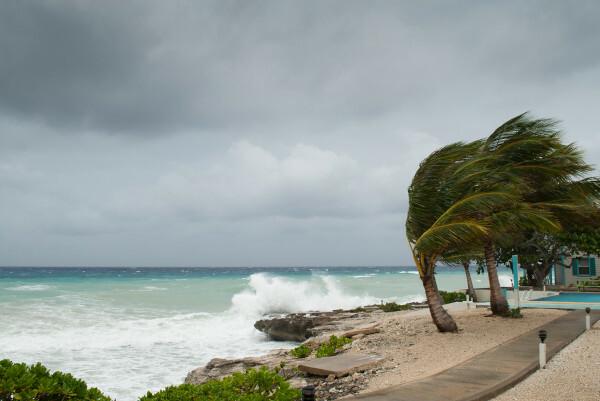Do you like to have your good coffee in the morning? For those who appreciate it, it's almost like a ritual, isn't it? Put the powder in the filter, pour the hot water and feel the aroma rising through the room. Afterwards, just enjoy yourself.
Those who drink know that the grain used to make the powder makes all the difference. Some have sweeter tones, others more acidic, with notes of fruits, seeds and even chocolate. But have you ever wondered which is the most expensive grain in the world?
see more
Meet Taupo, the supervolcano responsible for two of the largest…
Researchers find hitherto UNKNOWN ecosystem in the sea;…
The kilo of this grain of coffee can reach up to R$ 14 thousand. And this has a surprising reason. You will not believe the origin of this grain. If you are reading this article while drinking or eating something, we suggest you stop here.
I believe, people! Where does the most expensive coffee in the world come from?
Can we talk? Are you prepared? From an animal's poo!
We will give you time to breathe and assimilate the information.
Yeah... This one coffee bean is known as Kopi Luwak, extracted from the excrement of civets, Asian mammals that live in tropical forests.
And, as scatological as it may seem, there are no traces of the animal's feces in the final product. At least that's what guarantees a report published by Globo Rural.
According to the vehicle's investigation, the civets feed on the coffee pulp and the seeds pass intact throughout their digestive system. The enzymes and bacteria in the animal's body give the final product a fruity, slightly bitter taste.
So, would you take it?
Still according to Globo Rural, a cup of coffee from Kopi Luwaki can reach 50 pounds sterling in England. With the current quotation, it would be the equivalent of more or less R$ 317.60.
And, as we said above, a kilo of coffee can reach the astounding BRL 14,000. A lot of money for coffee that comes from civet poo, isn't it?
But not everyone takes the drink just for the exotic experience. There is the idea of preserving the forests of Indonesia, where the animals that give rise to the grain come from. Buying a coffee, in some places, you help that biome in some way – and, it is important to highlight, the civets are endangered.
As much as the idea is good, it is still the target of criticism from NGOs like World Animal Protection. Since: 1) there is no way to guarantee that the money will actually go to the preservation of Indonesian forests and 2) second the non-governmental organization, there are several civet breeding captives, which is cruelty to the animals.
Graduated in Social Communication at the Federal University of Goiás. Passionate about digital media, pop culture, technology, politics and psychoanalysis.

